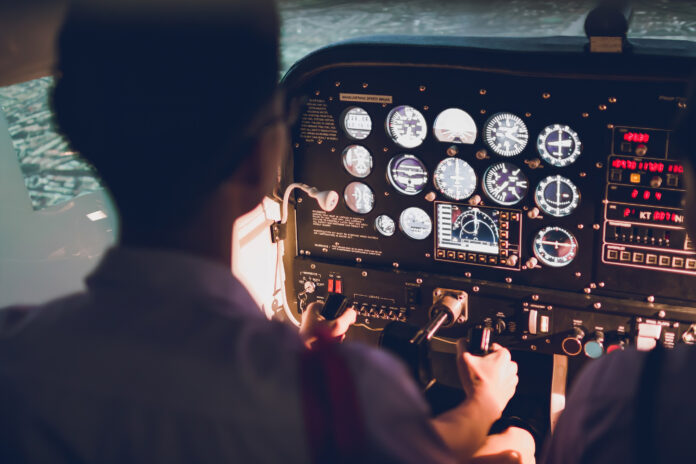The government may have found a new pet project, one in the aviation sector whose strength and number the Department of Transportation (DOTr) seeks to fortify for the long haul.
This was learned Thursday from transport undersecretary Roberto Lim who said the agency has launched consultations with the various technical learning institutions as part of the goal of boosting the aviation sector’s human capital.
“We need to work together at implementing specific programs that will encourage the youth to consider a career in aviation and aerospace,” Lim said on Thursday at the 2024 Aviation Summit.
According to Lim, at least 65 aviation schools offer fields of specialization in the industry, producing 5,000 graduates annually.
He said the DOTr is keen on collaborating with the Commission on Higher Education (CHED) and Technical Education and Skills Development Authority (TESDA) to strengthen aviation educational programs in keeping with national quality certification standards and result in greater technical instruction capacity.
Lim said the transport agency is encouraging aviation-related educational institutions to form a Philippine association of aviation colleges and institutions to allow a platform for closer and coordinated policy development down the line.
Lim also cited initiatives such as Airbus’ propriety training program at the Airbus Competence Training Academy at Clark International Airport Corp.’s Clark Civil Aviation Complex—a future site for the Asia Pacific Aviation Campus and the Philippine State College of Aeronautics’ (PhilSCA) national aviation campus, as well as the Civil Aviation Authority of the Philippines’ (CAAP).
“Practical work programs can match the supply from academia and demand from industry,” Lim said.
“The global shortage of aviation personnel is a rare window of opportunity to build a lifelong career in aviation.”
Transport undersecretary Roberto Lim
Post-pandemic fleet modernization programs by airlines such as Cebu Pacific have driven demand for pilots and aviation-related jobs in recent years.
Forecasts have estimated the need for 240,000 new pilots over the next twenty years to feed fleet expansion requirements across the Asia Pacific region.
But flight training is expensive, typically costing P3 million to P5 million to complete over two or three years and some of the more innovative banks have launched programs helping finance pilot training and education through a loan scheme.
BDO Unibank, in partnership with a flight training institution, has such a program in place.







